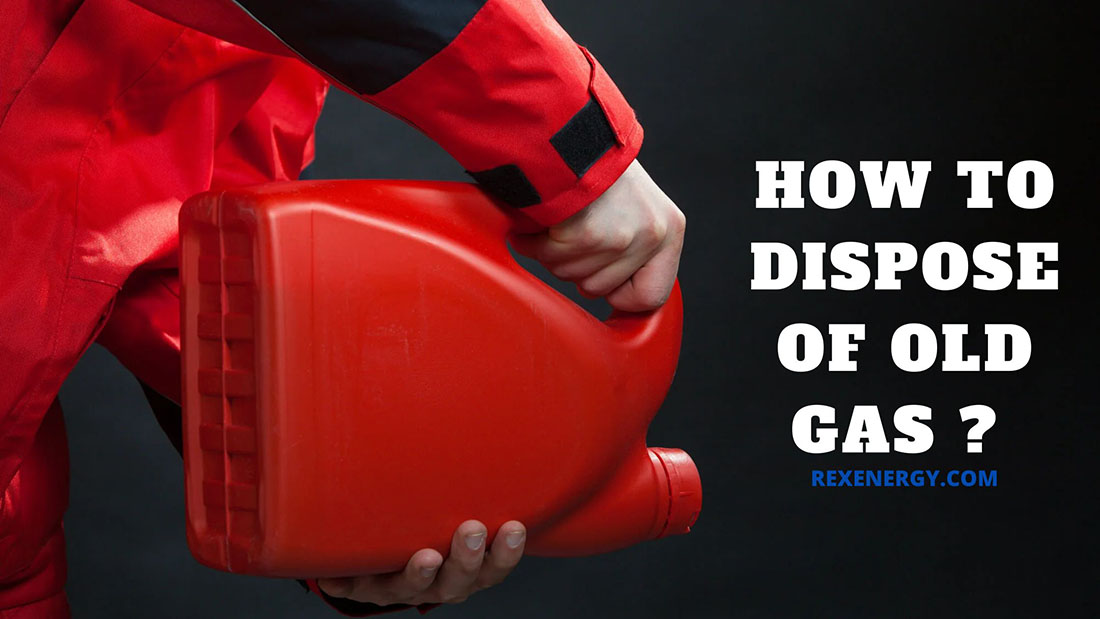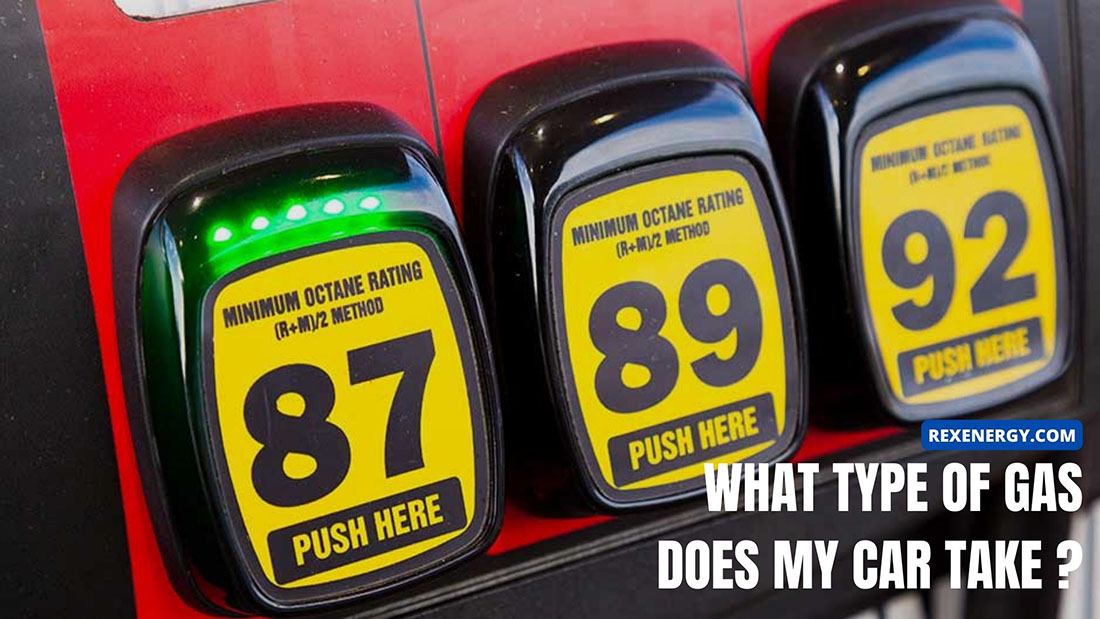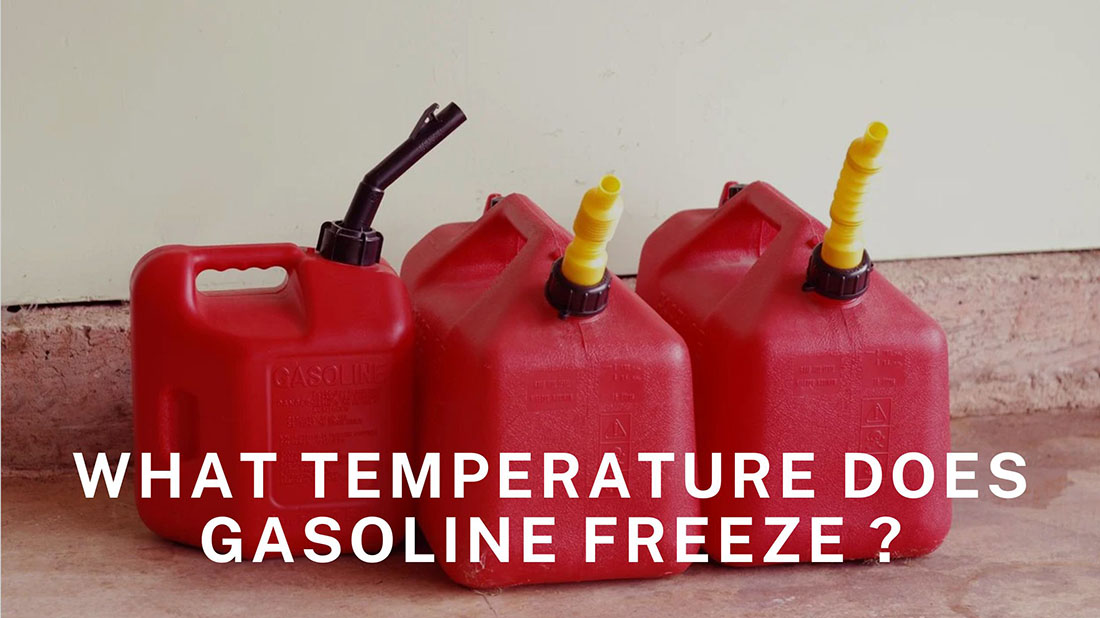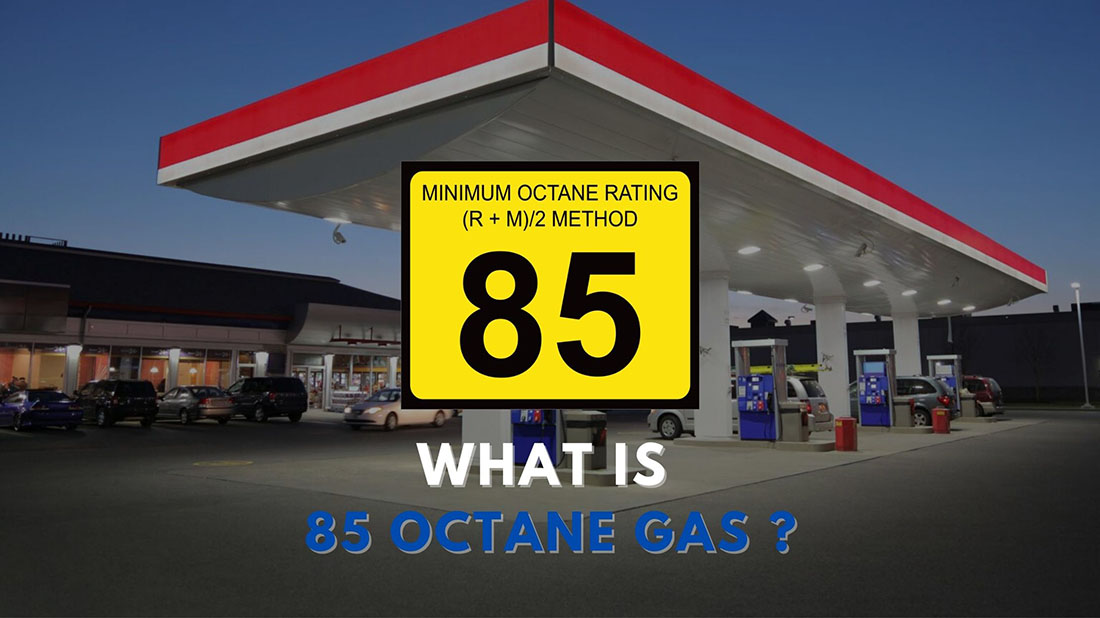Manufacturers add strong chemicals and additives to gas mixtures, so a faint gas smell in your fireplace during the first few minutes is not worrying.
But if these odors intensify over time instead of subsiding, they indicate possible underlying issues behind your ventless natural gas fireplace. Keep scrolling to learn more!
My Gas Fireplace Smells – Why?
Potential gas leaks from bad valves/leaking pipes and incomplete combustion due to problematic burners and pilot lights are the common culprits behind the strong gas smell in a fireplace. But if it exudes a plastic-like odor instead, factory paints, reactions from the building materials, or scented products in the room are to be blamed.
1. Your Gas Fireplace Smells Like Gas
a. Faulty Gas Valve
A gas valve ensures the fuel flows smoothly in your fireplace. Any of the following issues will cause its malfunctions and lead to gas leaks:
- Leaking valve: When the valve is worn or damaged, the gas odor will escape through the leakage hole into the surrounding area.
- Wrongly adjusted valve: Some people set the valve too high and release more gasoline into the fireplace than necessary, resulting in a strong smell.
- Stuck valve: Double-check whether your valve is stuck and remains open all the time, which strengthens the smell.
b. Leaking Gas Pipe
The gas smell in your fireplace might also result from a leaking gas pipe. There are three possible scenarios:
- Corrosion: Gas pipes, especially those made of iron or steel, corrode over time and develop small holes and cracks. Those are where the gas and gas smell escape!
- Bad Installation: Gas pipes wrongly installed or subjected to extra movement and strain are prone to weak or loose connections, eventually causing gas leakage.
- Physical damage: Has your house been re-innovated or reconstructed recently? Gas pipes are quite vulnerable to accidental impacts during this process; even the slightest hit or bump might cause cracking or rupture, giving rise to the gas smell.
c. Pilot Light Issues
Another likely culprit is the pilot light, a small and continuous flame igniting the gasoline when you turn on the fireplace. Common issues with the pilot light usually stem from the following:
- Malfunctioning thermocouple: This safety device monitors and detects when the light is lit up. Worn or faulty thermocouples fail to generate enough voltage to open the valve, causing the light to weaken or extinguish. The gas cannot be ignited properly and exudes strong gas odors.
- Dirty orifice or pilot light: When debris and dirt clog the orifice, your gasoline cannot flow smoothly to the light and smells stronger than usual. The flame is very weak now, even non-existent in more serious cases.
- Wrongly adjusted pilot light: A pilot light that is either too strong or too weak might compromise the combustion cycle, leaking an unpleasant gas smell.
d. Burner Problems
A well-functioning burner distributes and ignites the gas to create flames warm and ambient enough for the fireplace. When the burner gets damaged or malfunctions, the gas combustion cannot be complete, giving off a gasoline smell.
Some common burner problems:
- Debris: Debris (pet hair, dirt, or household dust) accumulating over time might obstruct the gas flow and dampen the combustion efficiency.
- Wrong alignment: Likewise, incomplete combustion or uneven flames occur when the burner is not properly aligned with your gas supply.
- Wear and tear: Does the burner exhibit signs of damage due to excessive usage or old age? That explains why it can no longer evenly distribute the gas or complete the combustion process as smoothly as before. The gas smell in your fireplace is inevitable.
e. Dirty or Damaged Logs
Some fireplaces use fireproof materials and life-like ceramic logs to appear more like a traditional fire. These logs accumulate dirt over time, which disrupts the flame’s functioning and causes a bad smell of gas.
Some common problems:
- Broken or cracking logs: Excessive heat exposure might develop fractures or cracks on the ceramic logs, blocking the gas flow and emitting odors.
- Residue or soot: Cannot remember the last time you cleaned the gas fireplace? That’s why residue and soot accumulate on the ceramic logs and hinder complete combustion, developing gas smells.
- Improper placement. Logs wrongly placed on the burner create uneven flames and make the gas combust poorly, further contributing to the intense gasoline odor.
2. Your Gas Fireplace Smells Like Burning Plastic
a. Fresh Paint
A new gas fireplace often emits a strong odor (especially during its first use) due to the chemicals and paint that heat up and release their smells.
The great news is that this “breaking in” process is actually quite normal. As the fireplace operates over time, these factory paint odors gradually dissipate.
b. Reaction from The Building Materials
Existing components in your building structure, like cement, non-metallic substances, or glue, might strongly react when exposed to the fireplace heat for the first time and give off odors.
Fortunately, like factory paints, there is nothing to worry about. Once the building materials adjust to the heat, the plastic-like odor will go away.
c. Indoor Air Quality
Ventless gas fireplaces draw air from their surrounding space for combustion. Therefore, if your room stores scented products (e.g., oil diffusers or air freshers), the fireplace might inadvertently draw in those fragrances and release them after combustion.
How to Keep Your Ventless Fireplace from Smelling?
- Charcoal’s natural odor-neutralizing properties can help reduce fireplace smells. Place a bucket of charcoal in the firebox to block odors from invading your home.
- Create a simple solution of vinegar and water in a 1:1 ratio in a spray bottle. Spray your fireplace and the surrounding areas to combat the odors more effectively.
- If homemade remedies don’t work, consider using fireplace deodorant products with a wick.
- Install a chimney cap to prevent outside elements like leaves and rainwater.
- Fix the valves and pipes (preferably with the help of a technician, but you can do it yourself if experienced) to ensure no natural gas leaks.
Why Does The Chimney Still Smell After Cleaning?
Your chimney can still smell after cleaning due to creosote buildup in hard-to-reach areas, animal remains, or hidden moisture. These odors also linger more on porous materials like brick or masonry, requiring thorough cleaning to eliminate them completely.
Is It Normal to Smell Wood From The Fireplace?
Yes, it’s normal to smell wood when your fireplace is burning, but only when it is a pleasant, smoky aroma often associated with a wood fire. Overpowering, unpleasant odors are a different story.
Conclusion
Smoky, pleasant gas smells or plastic odors around your fireplace are normal and will air out over time.
But what if the odors strengthen and permeate the surrounding area? In that case, you should confirm the source of the problem and treat it properly with home remedies, chemical cleaning sprays, or extra help from a professional.







